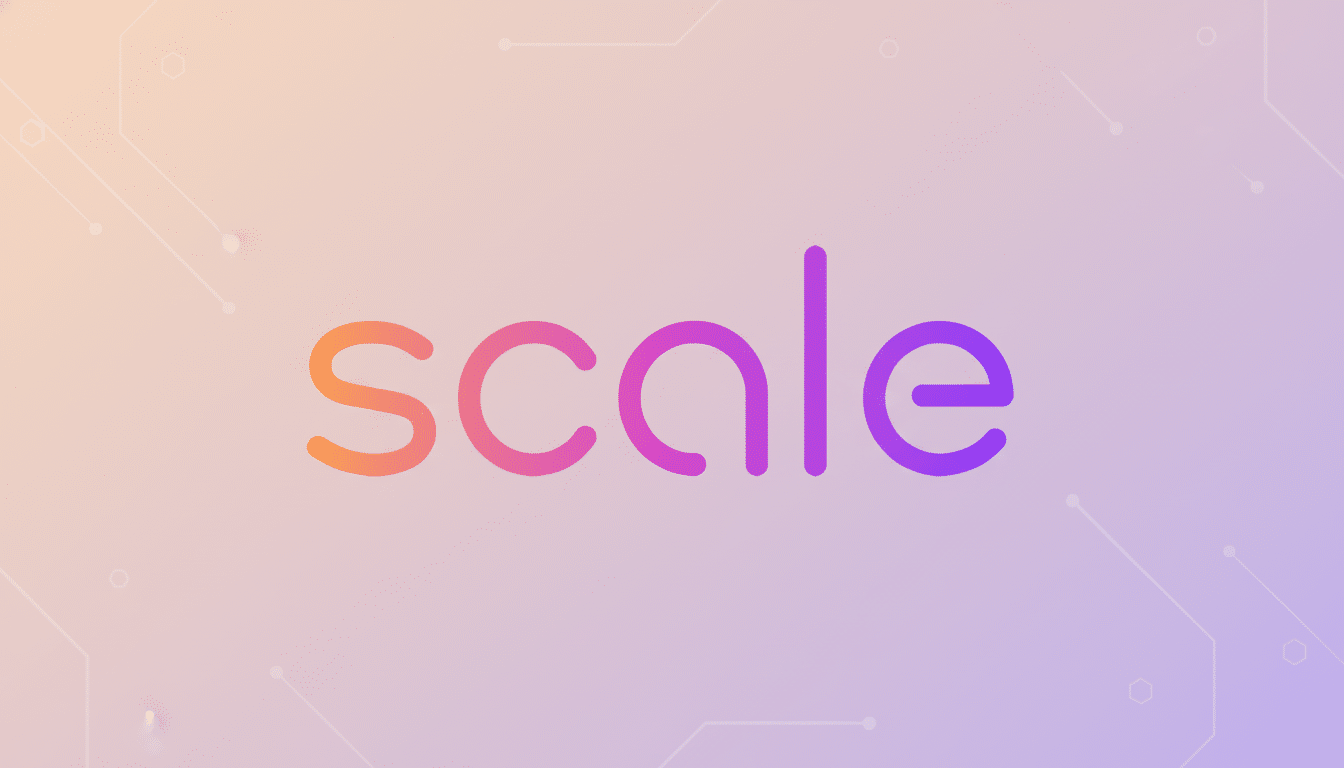Micro1, a three-year-old training data and human-in-the-loop services provider for AI labs that offers comparable products to those of Scale AI, the market leader in this category with 30%+ share, has closed $35 million Series A funding at half-a-billion dollars valuation, bringing new competition into an area that’s long been dominated by a single company.
The funding was led by O1 Advisors, the venture firm co-founded by former Twitter executives Dick Costolo and Adam Bain. Bain is also taking a seat on the board of Micro1, as alongside DoNotPay founder and CEO Joshua Browder. Reuters had previously reported details of the fundraising process.

Why AI matters to the data market
Despite the spread of synthetic data and AI algorithms that learn from models rather than from examples of labeled data, AI companies continue to rely on large-scale, high-quality human feedback and labeled datasets to train and evaluate models. The Stanford AI Index has also regularly reported on increasing need for specialized supervision and assessment, exposures 10, notably in the domain of complex reasoning where generic labels from a crowd do not suffice.
That backdrop is part of what makes new vendors popular. After Meta invested in Scale AI and its chief executive joined the company, several top labs indicated they would de-emphasize or diversify their use of Scale AI due to potential conflicts of interest. Scale AI has publicly denied sharing any confidential partner information. Either way, the customer switch has opened a gap for start-ups like Micro1 to fight over.
Micro1’s pitch: curated experts, not just crowd labor
Early data-labeling leaders optimized for speed and cost using huge distributed workforces, whereas Micro1 says they rely on domain expertise. The company’s AI recruiter, named “Zara,” peruses applicants and even conducts structured interviews in order to create pools of specialists (you’ll have vetted senior software engineers for code review, medical doctors for clinical edge cases, and experienced writers for instruction tuning).
Micro1 says thousands of these experts are already on the site, with faculty from elite institutions such as Stanford and Harvard, and that the ranks are swelling by hundreds each week. The company claims this approach produces higher-quality annotations and more informative feedback signals for reinforcement learning from human feedback (RLHF) and agent evaluations, which labs now prioritize over generic labeling.
This quality focus reflects broader enterprise data trends. Gartner has suggested that on an annualised basis poor data quality is costing large organisations in the region of several million dollars. For the frontier model builder, the expense of low-quality labels is more than the cost of obtaining them — they come at a risk: embedded in rough sketches are opportunities to bake in an error; iteration slows down grindingly as you scramble back up against mistakes; compute budgets grow like pot-bellies.

A crowded field — and room for multiple winners
The valuation of Micro1 reflects investor confidence, yet the category remains fiercely competitive. Larger competitors including Mercor and Surge have posted strong revenue, at scale, demonstrating the potential size of the market. For buyers in the industry, they usually multi-source providers to prevent bottlenecks from any single provider and match niche tasks with best-fit talent, suggesting that single-vendor lock-in would be unlikely.
The venture firm’s backers provide operating credibility. O1 Advisors has been a proponent of go-to-market discipline and governance in scaling enterprise platforms, and Bain’s board role signals emphasis on commercial execution and enterprise compliance — key differentiators as labeling work crosses regulated domains from healthcare to finance.
From labels to “environments” for AI agents
As labs and teams break past stagnant datasets to the world of agentic systems, the concept of “training data” becomes more varied. Micro1 is betting on “environments” — structured, virtual workspaces where agents can learn to perform complex, multi-step tasks under human supervision. This dovetails with the industry’s move towards benchmarks and simulations that stress planning, use of tools, and physical-world constraints.
Think code agents patching live repos with human reviewers, or procedural clinical cases evaluated by licensed professionals. Such setups mix synthetic scenarios with expert feedback; they represent richer signals than manual annotation. Research groups and industry consortia have been leaning this way, in part because they believe better evaluation frameworks can actually move the needle on model reliability.
What to watch next
The questions for Micro1 now about throughput, quality and governance. Is the company able to scale expert networks while maintaining quality? Will it secure yearslong master service agreements with leading labs — a proxy for sustained trust? And how will it address the way sensitive data is handled, an issue attracting increasing attention from policy makers and enterprise customers?
For the broader market, the lesson is plain: as models become more advanced, the threshold for human feedback climbs in tandem. Micro1’s funding at a $500 million valuation is a wager that curated expertise, not just crowd size, will drive the next stage of AI training infrastructure.

